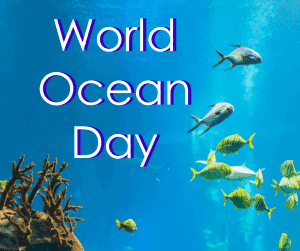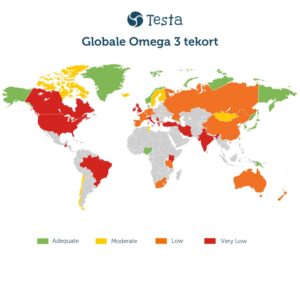
Is Algae Omega-3 As Good as Fish Oil?
Fish oil supplements are some of the most popular dietary supplements on the global market. Why? That’s because they’re the best-known source of omega-3 fatty acids, an essential nutrient that is shown to enhance brain function and improve cardiovascular health.
That said, what if you’re vegan, or simply care about keeping our oceans clean and biodiverse? Here’s some good news for you! There’s a rising star in the world of omega-3 supplements; algae oil supplements. But are algae omega-3s as good as fish oil?
Let’s find out!
Fish Oil Omega-3s
We’re not arguing against the health benefits of oily fish and omega-3 fish oils. But with their susceptibility to oxidation and their negative impact on marine environments, fish oil supplements may come with more of a cost than the money you spend on them.
Heavy Metals and Oxidation in Fish Oil Supplements
Did you know fish oils are initially contaminated with heavy metals and PCBs which are highly toxic, and require tons of energy to remove? In addition, a recent study of fish oil capsules in Canada showed that 39% exceeded safety recommendations for total oxidization (TOTOX). Oxidized capsules can cause organ damage, raise bad cholesterol, and cause a hardening of arteries called atherosclerosis. And sadly, the findings in the study were not unique to Canada. Capsules examined from the U.S., South Africa, and New Zealand exceeded recommended TOTOX levels as well. TOTOX levels of fish oil supplements should be no greater than 26, but many are over 50.
Environmental Consequences of Fish Oil Production
According to the United Nations, two-thirds of the world’s fish are being dangerously exploited. The Peruvian anchoveta, used to make most fish oils, is a keystone species. This means they’re integral to the marine eco-web and overfishing this species can have disastrous consequences. To make matters worse, marine animals such as seals, whales, and dolphins are also often caught up in fishing nets used to catch the anchoveta.
Krill oil is lauded as a sustainable alternative. But the melting of sea ice, which is a vital feeding ground for the tiny crustaceans, has seen a decline of krill in our oceans. Add the industrial overfishing required to supply the growing demand for krill oil, and this keystone species is also in danger of being depleted in the near future.
DHA & EPA Levels in Fish Oil
A typical fish oil capsule is 1000 mg and provides around 180 mg EPA and 120 mg DHA, though doses vary widely. To meet the recommended daily intake, it would be necessary to take two capsules.
Algae Omega-3s
Feeling a little disheartened? Don’t worry. Companies like Testa are creating algae oil supplements with both your health and the health of our oceans in mind! Algae is a fantastic source of omega-3s, and unlike other plant-based sources rich in ALA that need to be converted into DHA and EPA in the body, algae is a direct source of both of these bioavailable omega-3s.
DHA & EPA Levels in Algae Oil
A standard 1,000 mg algae oil capsule typically contains 300 to 500 mg of combined EPA and DHA. Like fish oil supplements, this can vary from brand to brand, though vegan DHA usually makes up about 2/3 of the combination of omega-3s.
Bioavailability of Algae Oil Omega-3s
Microalgae, used to make algae oil supplements, are not only rich in omega-3s, they are also highly bioavailable; more so than fish oil. This means your body can easily absorb all those beneficial nutrients. It’s also easy to increase the amount of omega-3s in algae by altering their exposure to UV light, oxygen, glucose, and temperature.
The Testa Standard
Testa algae oil supplements are grown on land in sterile steel vats. This means they’re safe from contamination from ocean pollutants, including heavy metals, dioxins, and microplastics. While the TOTOX level of fish oil supplements often exceeds safe amounts, Testa’s TOTOX levels are well below the limit. The algae oil produced in our sustainable and carefully controlled environments is tested in small batches to ensure accurate DHA and EPA levels, and to make sure each capsule is safe and pure.
The next time you’re looking for a vegan omega-3 supplement, make a good choice for yourself and the oceans and choose Testa Algae Oil supplements! Browse our vegan-friendly, non-toxic products here.


